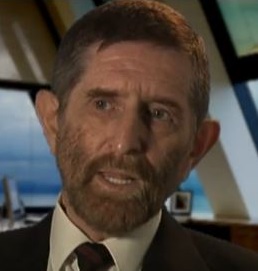Daily Mail—Why it’s truly bonkers to believe in shrinks
The conclusion (and the argument of this essential book) is obvious: psychiatry is basically bogus – and damaging.

The conclusion (and the argument of this essential book) is obvious: psychiatry is basically bogus – and damaging.
200 years after psychiatry was recognized as a medical discipline, a stark question persists: Is psychiatry credible?

In 1886, Pliny Earle, then the superintendent of the state hospital for the insane in Northampton, Massachusetts, complained to his fellow psychiatrists that “in the present state of our knowledge, no classification of insanity can be erected upon a pathological basis.”
In May 2013, the American Psychiatric Association (APA) is scheduled to release its fifth Diagnostic Manual of Mental Disorders (DSM-5) superseding the DSM-IV published in 1994 and revised in 2000. The new “psychiatry bible” has been criticized by many as a testament to the insanity of the industry itself. Virtually every emotion experienced by a human being—sadness, grief, anxiety, frustration, impatience, excitement—is now being classified as a “mental disorder” demanding chemical treatment with—you guessed it—pharmaceutical drugs.
Psychiatry is succeeding on a large scale in convincing people that there normal human feelings are wrong – disorders. When you feel down, especially for more than two weeks, you must have major depressive disorder. If you child is super active and creative, he must be ADHD.